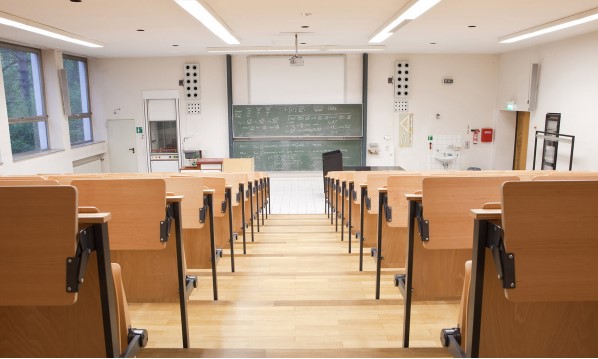The Future of Education: It's About the Tech and Teaching
Five years ago, the New York Times declared 2012 "the Year of the MOOC." Online learning was the rage; campuses, less so.

Sometimes, it seems, revolutions can be described in haste.
While the onslaught of Massive Open Online Courses back then seemed like a death knell for traditional learning, mass online learning has struggled in its infancy, while demands for colleges and universities has never been greater.
Now that educators are settling in for the long haul of disruption, they're discovering that technology and teaching go hand in hand. American MOOCs? led by Coursera and Udacity? are turning to pay models, more rigorous standards and better links with established schools. And post-secondary institutions are breaking down their own walls, equipping students, and teachers, with the power of technology to personalize learning, speed up instruction and reach the critical scale needed to amass enough data to make even greater leaps in the quality of education.
The latest #RBCDisruptors, featuring edtech pioneer John Baker and York University president Rhonda Lenton, asked if the post-secondary model is broken. The answer: in places. And it can be fixed.
Baker, who is the founder and CEO of D2L, a digital learning platform, believes the model can be improved dramatically through new ways of teaching and learning. Lenton, who took over the top job at York this summer, feels that while the model is not broken, it needs to change and evolve, which she argues, is already happening.
Incremental change, she said, is happening but we are not yet seeing fundamental change.?
Read some of the tougher issues they’re taking on.

account_balanceMore About This School
